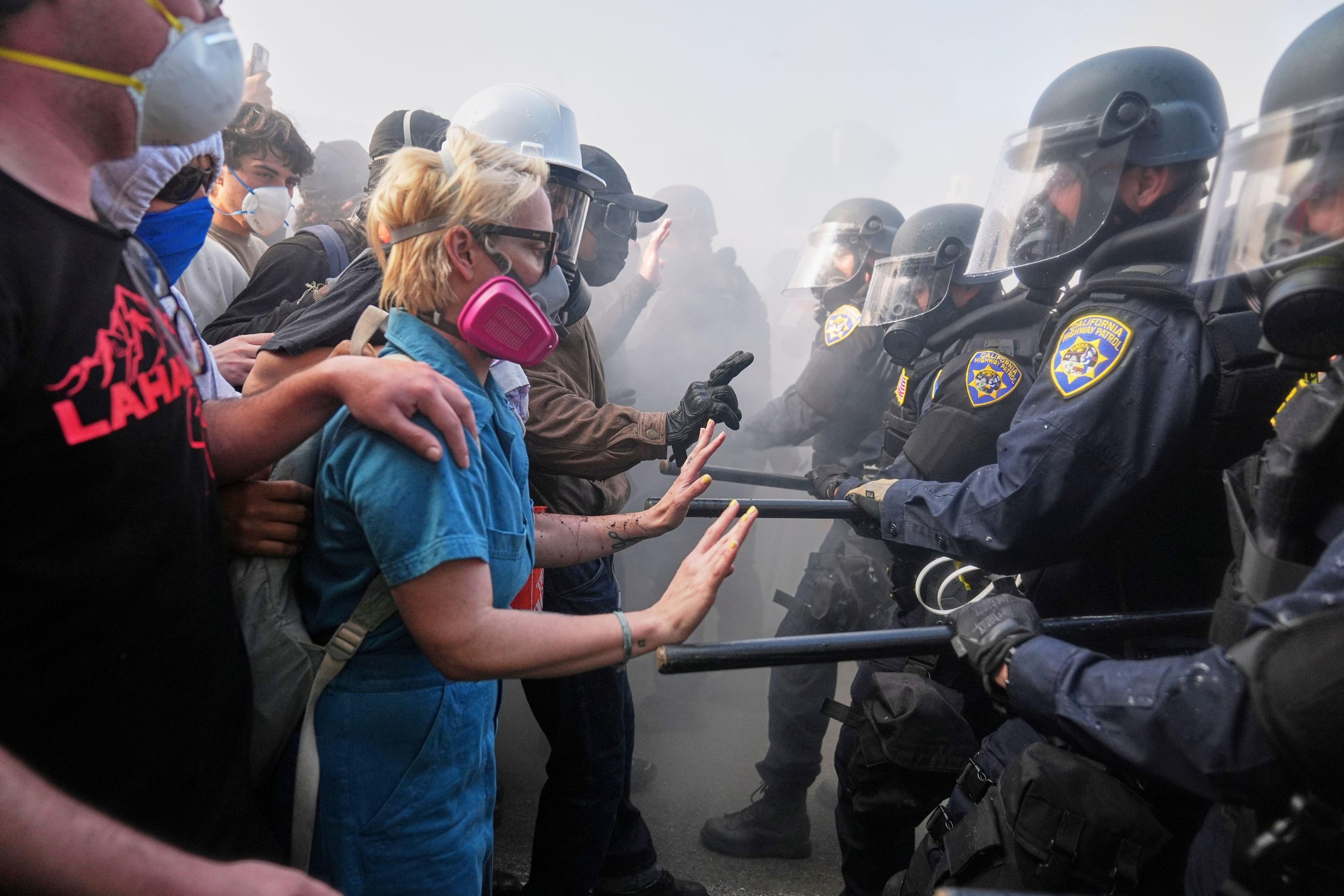It has become a game of “he said”, “she said”. But two recent scuttles that developed in Mexico over telecommunications and television channels are at the heart of freedom of expression and access to information debate in the country.
Last week it was announced that Televisa and TV Azteca, two large monopolies that dominate open television in Mexico, were trying to get into the quadruple play mobile business by offering broadband Internet access, and telephone with wireless capabilities. Last April, both companies, who together capture 98 per cent of the Mexican viewing public and are often seen as adversaries, bought 50 per cent of mobile phone company Iusacell.
Their aim was to revamp the company to compete with Mexico’s multibillionaire Carlos Slim, who owns the most powerful Mexican mobile phone service provider, Telcel. But last week the Mexican Commission of Competence issued an order that said the merge had been rejected, even after representatives of both TV Azteca and Televisa tried to influence the vote.
The dust on the case had barely settled when the Organisation for Economic Cooperation and Development, (OECD), issued a report on Monday that claimed that lack of competence, weak regulations and a permissive legal system has cost Mexican mobile users more than 29 billion USD in overcharges in the period 2005 to 2009. The edict by the international organisation rattled in Mexico. It was front page news in all the major national media. The release of the report led Slim, who is known for not being shy, to respond to the statement at a press conference on Wednesday, calling the OECD information “false and misleading”.
To say that Mexico loses 25 billion dollars in overcharges for mobile usage is wrong. (…) Even if they use the income we earn from Telcel or Telmex, [the fixed line company that is also a monopoly controlled by Slim] the figures are wrong because both companies only sell 17 billion dollars a year.
The OECD did something it never does, and responded to Slim. It said Slim’s companies were aware of what was going to be said in the OECD report and that his employees were part of the consultations. It also refuted what Slim said, arguing that it was wrong to compare what the mobile and telephone market has lost in Mexico (because of lack of opportunity to compete) with the total amounts of sales and services from Slim’s companies.
The debate over the television channels and the cellphone problems is still on the sidelines. The decision will probably be left for the next president who will be elected this July and take office at the end of the year. Till then, these two issues, both of which have a large impact on the rights of Mexican citizens to an open market, impact freedom of expression by limiting the access to an open debate over public airwaves.




